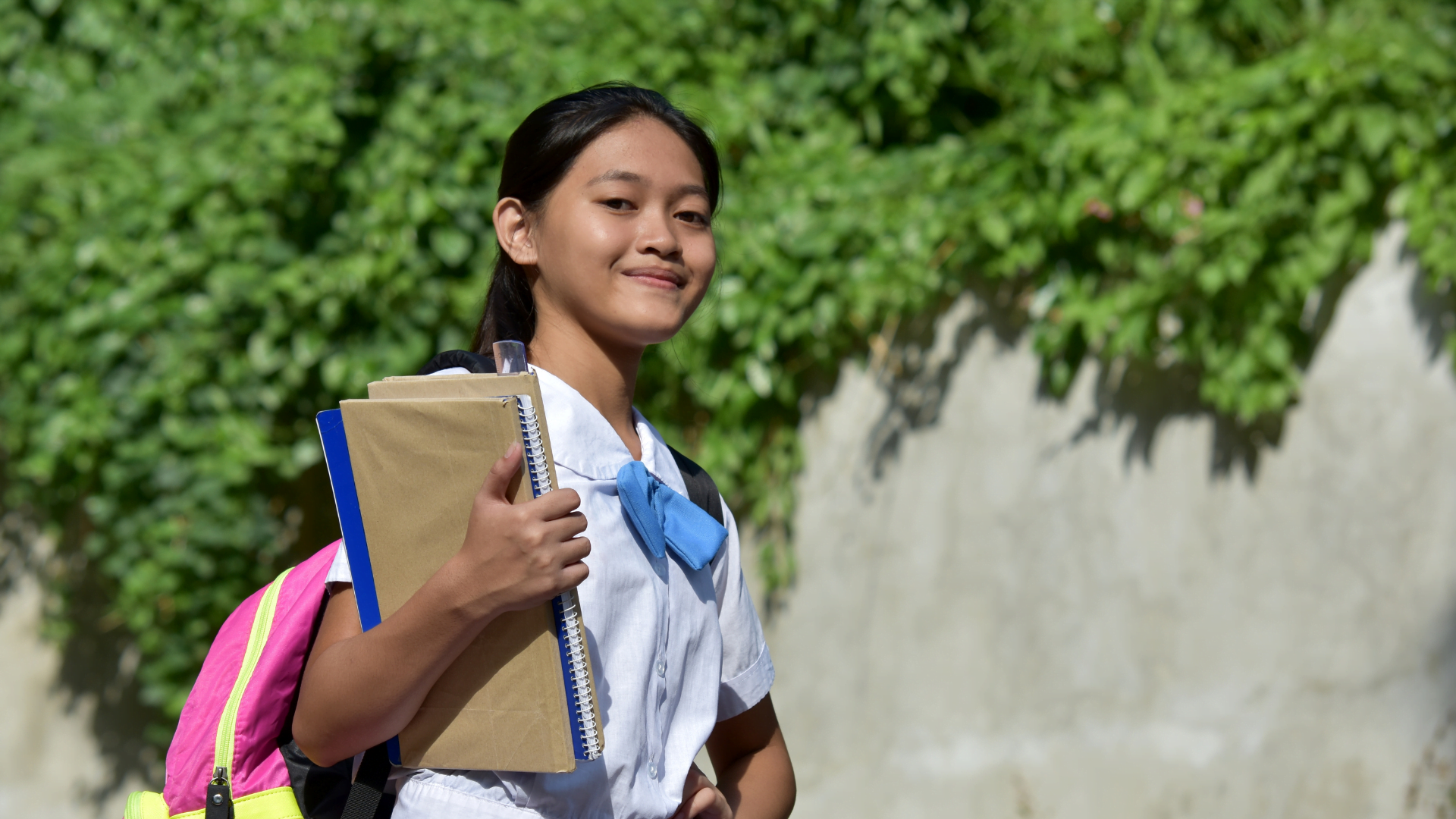
The Department of Education (DepEd) has recently announced that Philippine schools are gradually transitioning back to the old academic calendar, where classes begin in June and go on break from April to May. This decision, which was made based on consultations done by DepEd, aims to address the public clamor for a more conducive learning environment during the summer months.
The gradual transition will officially begin in the academic year 2024 to 2025, with school opening on July 29 and the end of the school year on May 16, 2025. To facilitate this transition, the DepEd made a “minor” tweak in the current school year by adjusting the end of the school year to May 31 instead of June 14, as stated in DepEd Order No. 3, series of 2024.
DepEd Undersecretary Michael Poa explained that the shift back to the usual April-May break will be done gradually. The school year will end on May 31, but classes will still start around July 29. Over time, the start of the school year will be moved back until the normal April-May break is reinstated.
Poa emphasized that this decision was made in response to the voices of the people. The DepEd took into consideration the concerns raised by students, parents, and educators regarding the challenges of learning during the summer months. By school year 2026 to 2027, schools are projected to open in June and end in April. By school year 2027 to 2028, schools will open in June and end in March.
It is important to note that the shift in the school calendar was initially implemented in 2020 as a response to the COVID-19 pandemic. The school opening, which was originally scheduled in June, was moved to October, and remote learning was implemented. In the following years, the school opening was further adjusted to August. However, the recent decision to revert to the old academic calendar reflects the recognition that the summer months of April and May are not ideal for effective learning.
The need for this transition was underscored in 2023 when a hundred students from Gulod National High School Mamatid Extension in Cabuyao, Laguna, were hospitalized due to dehydration after a surprise fire drill. This incident highlighted the challenges faced by students and educators during the summer months, further fueling the public clamor for a return to the old academic calendar.
As the transition unfolds, it is crucial for schools, parents, and students to adapt to the changes in the academic calendar. The gradual shift back to the usual April-May break will provide a more favorable learning environment and address the concerns raised by various stakeholders in the education sector.
In conclusion, the Department of Education’s decision to gradually transition Philippine schools back to the old academic calendar is a response to the public clamor for a more conducive learning environment. By reverting to the usual April-May break, schools can better address the challenges faced by students and educators during the summer months. This transition, which will be implemented over the next few years, reflects the DepEd’s commitment to continuously improve the education system and provide the best possible learning experience for all students.


